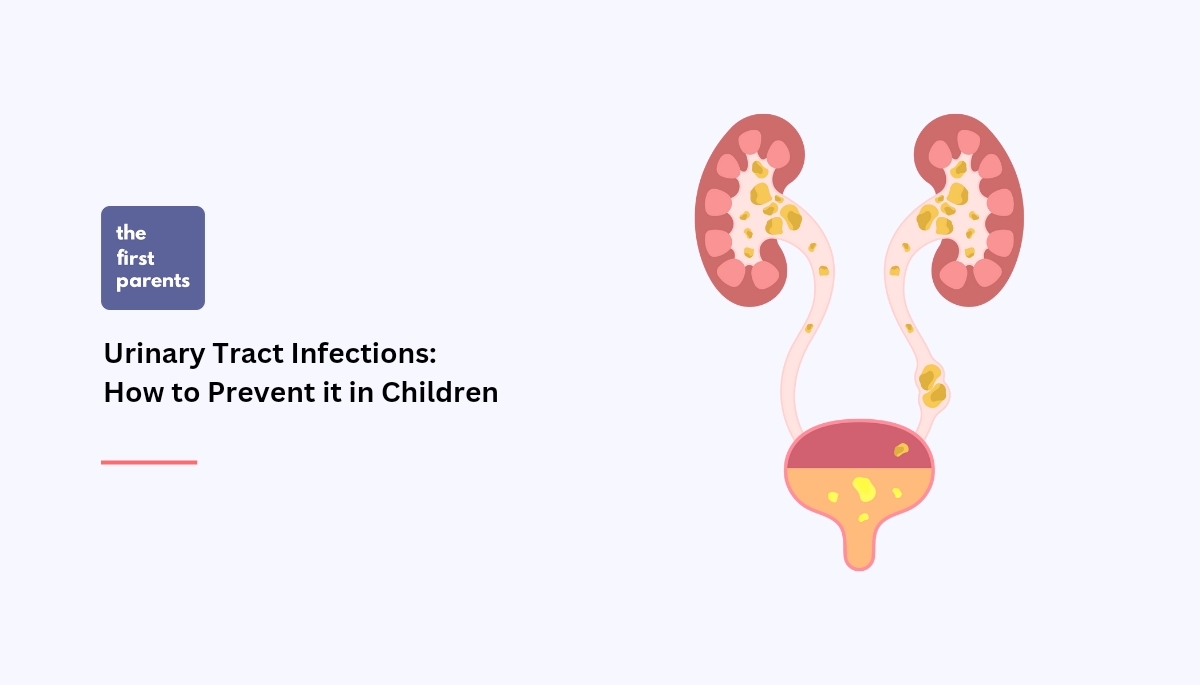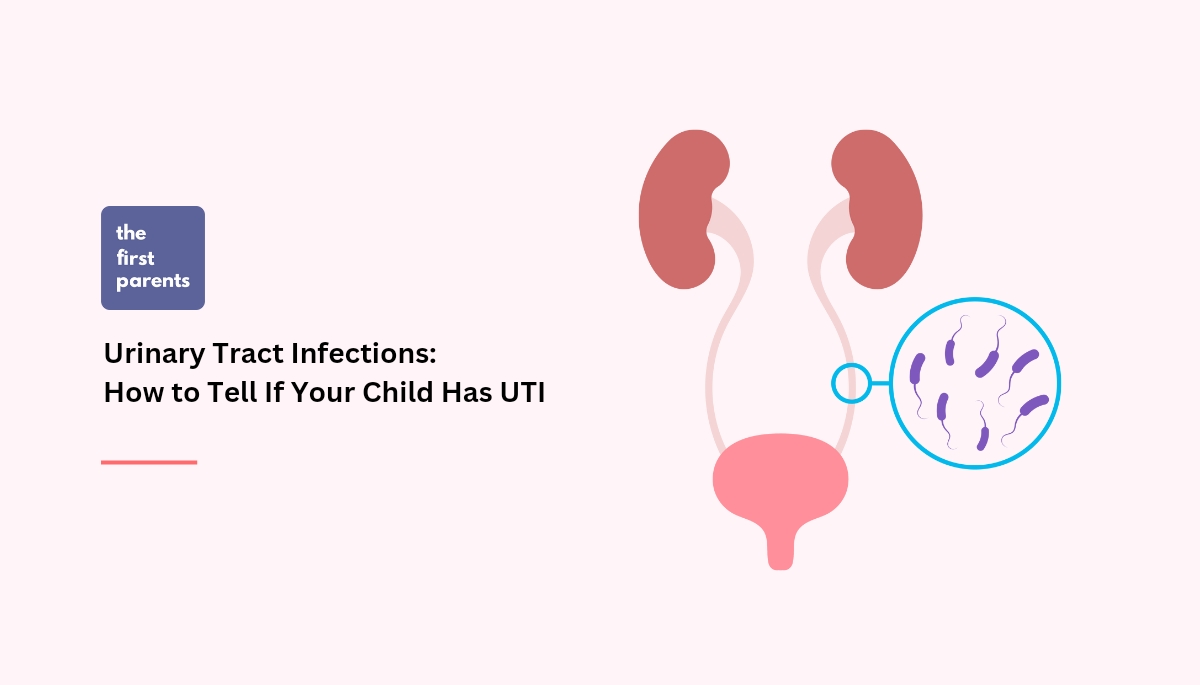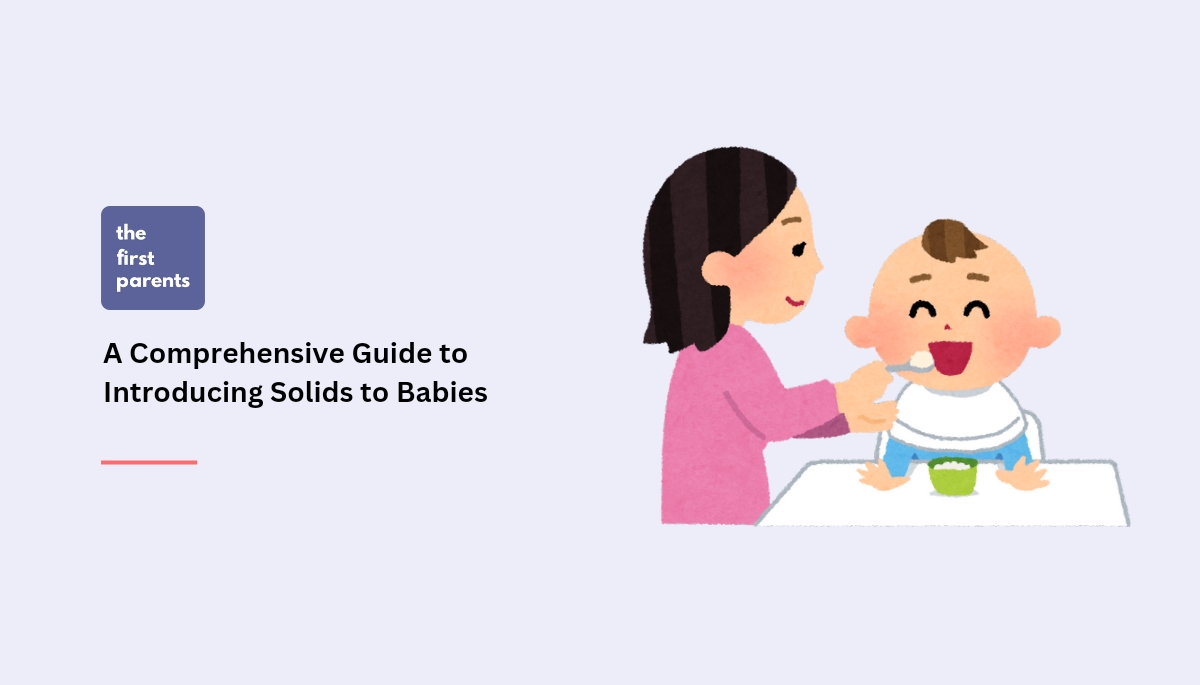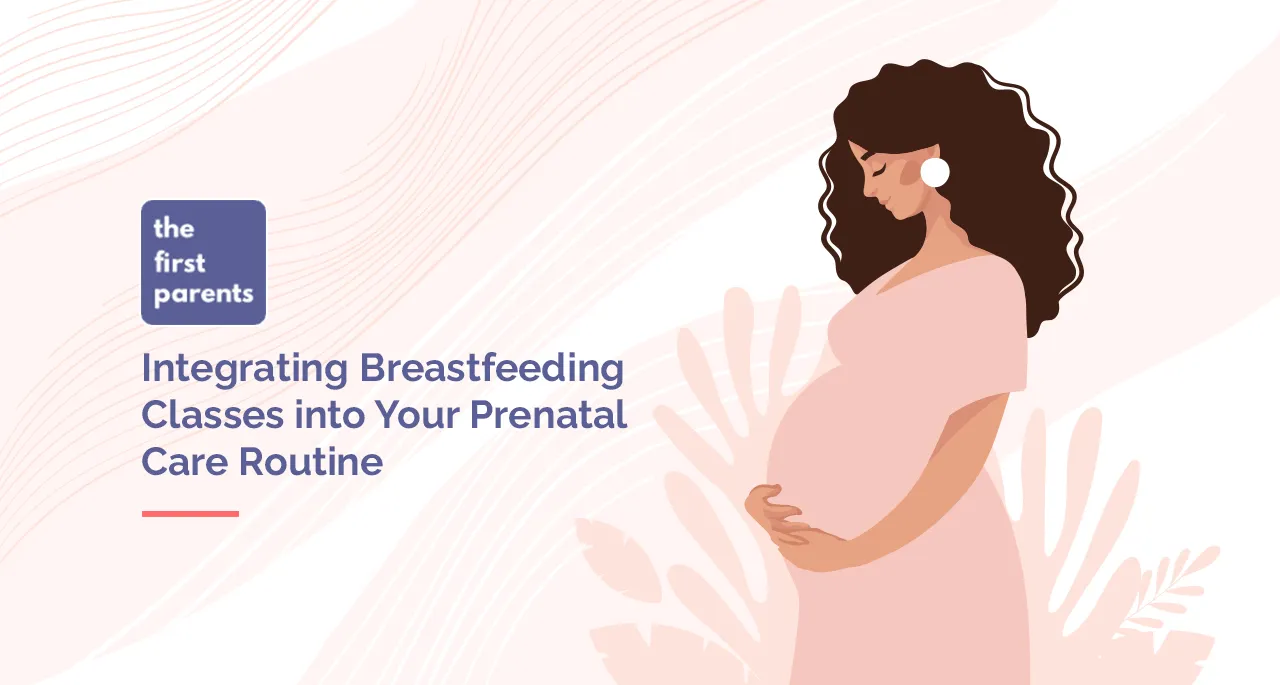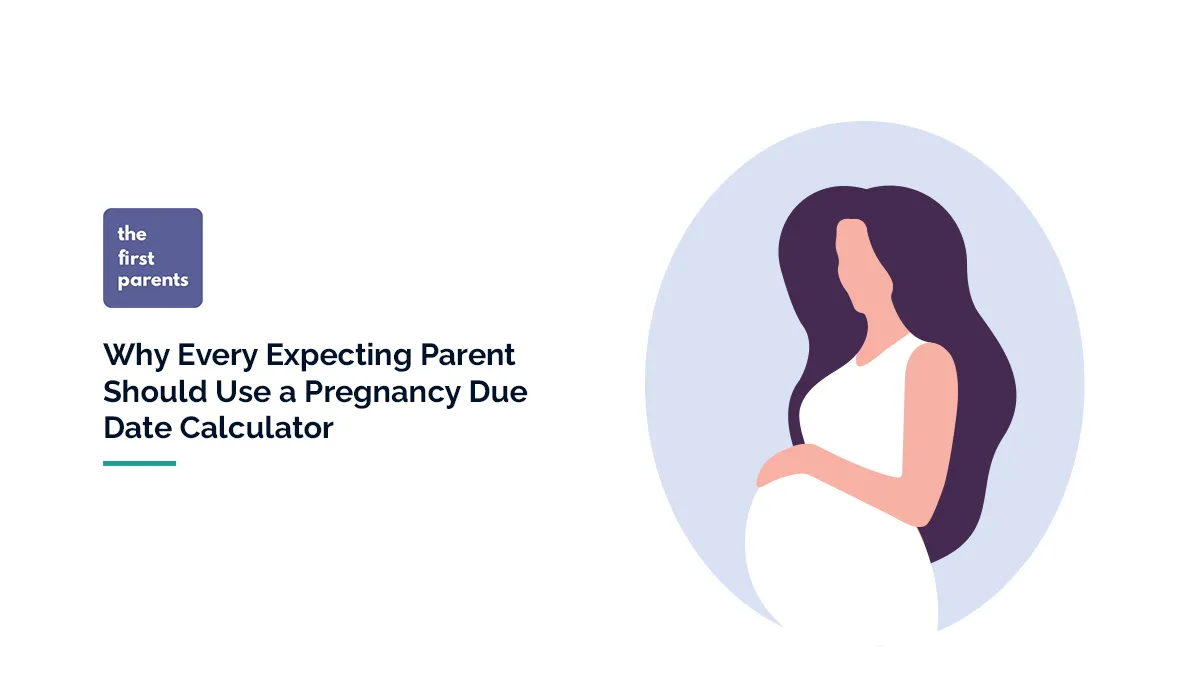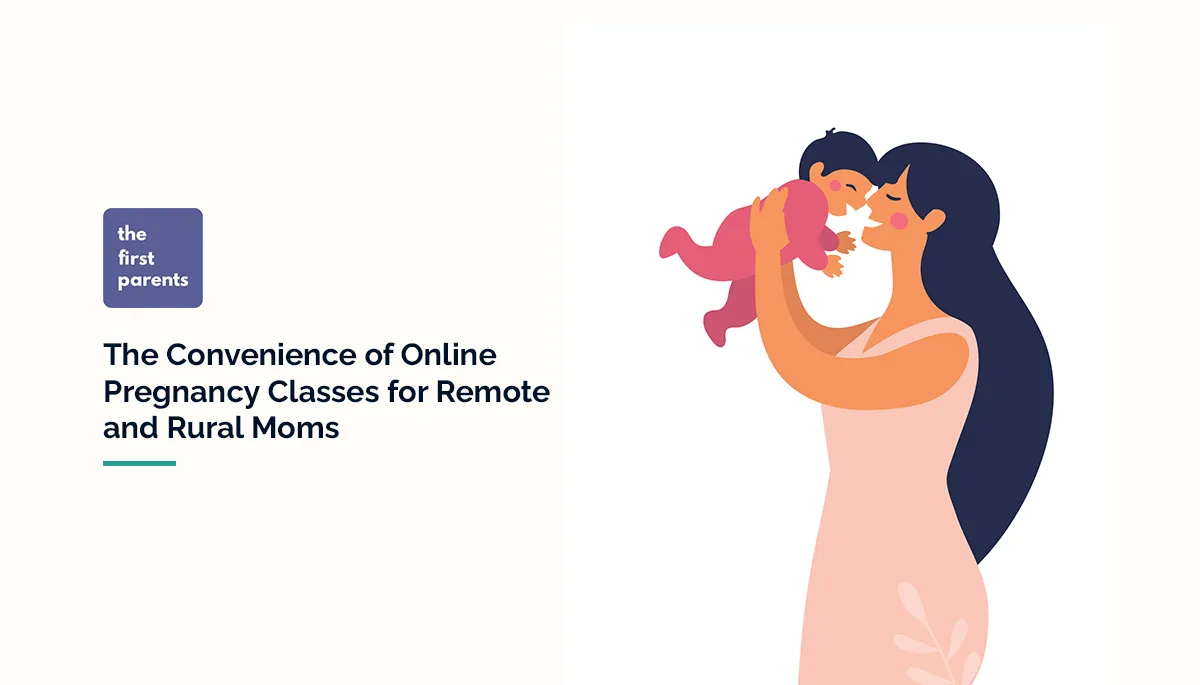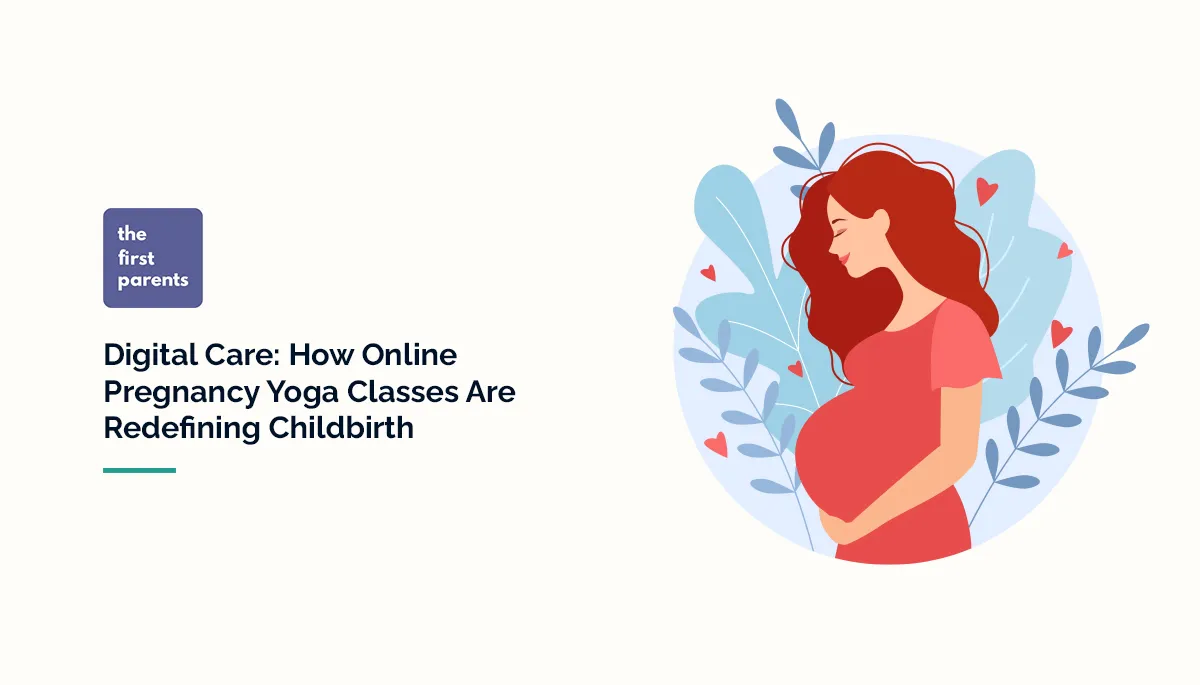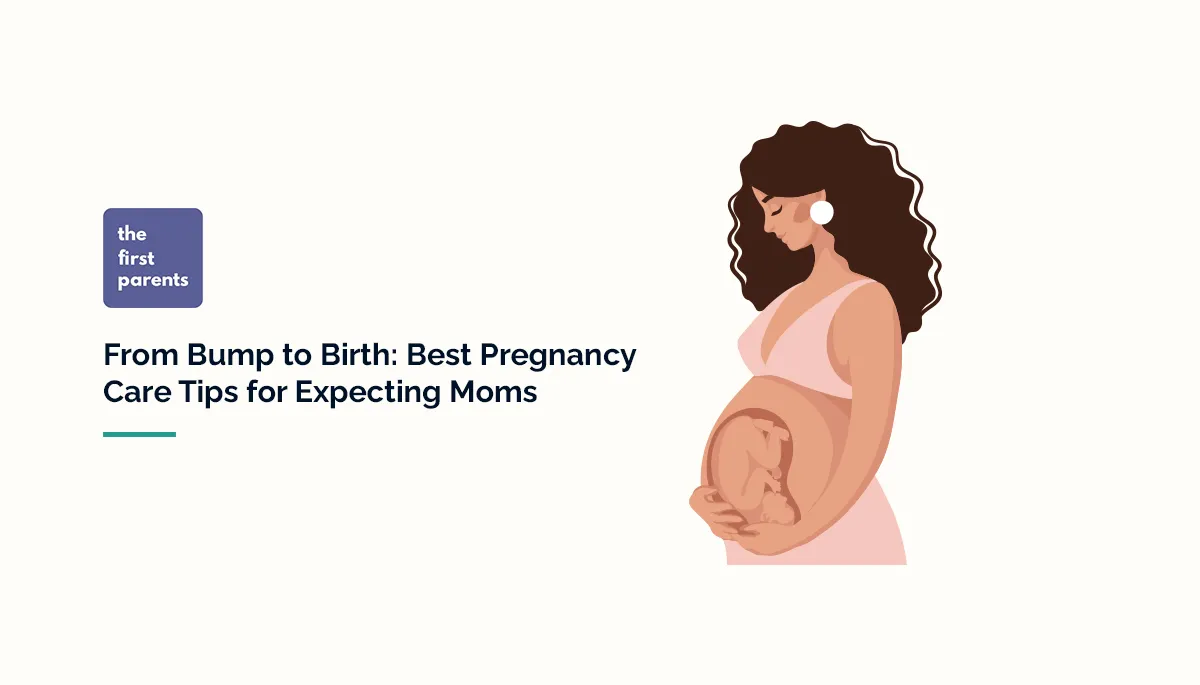Nurturing Moms-to-Be: The Vital Role of Prenatal Care in Pregnancy
 " alt="" />
" alt="" />
- admin
- May 23, 2024
Prenatal care is the healthcare you receive during the days of your pregnancy.
It is a combination of activities like performing fetal monitoring, doing screening and diagnostic tests, counseling, and providing social and emotional support that help improve the condition of the mother and her baby.
According to one study, maternal mortality can be considerably reduced when prenatal care begins in the first trimester and so women who seek late prenatal care are more at risk.
Here are 5 key benefits of prenatal care that can spot any problems early, provide treatment, and possibly prevent other issues.
- Learn More About Your Pregnancy And Develop A Plan
Your prenatal visits and prenatal classes are not just for confirming your pregnancy; they also offer a chance to discuss different procedures and potential scenarios of giving birth to your child. Apart from that, prenatal care for pregnant women also involves addressing any questions and concerns with pregnancy experts and doctors throughout the pregnancy.
This includes educating yourself about labor, delivery, and postpartum birth injuries so that parents can make informed decisions and react appropriately when in need.
- Reduce the risk of complications and defects
Regular screening is another essential part of prenatal care for pregnant women as it helps detect problems like gestational diabetes.
This is because gestational diabetes is a temporary ailment that can be easily prevented with the right treatment and medications if it is detected early.
Apart from that, screening for congenital abnormalities is also needed as a very important prenatal care regime during the 15-19 weeks of pregnancy.
- Provide appropriate immunization
Vaccines help protect both the expecting mother and her baby from easily preventable diseases.
During pregnancy, a mother’s white blood cells act as their babies’ first line of defence. Hence, getting the right vaccines (e.g., a flu shot) allows mothers to pass on the kinds of antibodies their baby needs to fight off infections while the child is in the womb.
- Get accurate nutritional advice
It is natural that during pregnancy, your diet will change to accommodate the baby’s nutritional needs.
So, if you are attending prenatal classes for expecting moms, your dietician or doctor will educate you on the recommended diet intake that you should eat for the next nine months.
Remember, proper nutrition for the mother is a vital necessity for the development of the baby.
Hence, as a part of your prenatal care, we recommend pregnant mothers visit and check on their blood to ensure that they are eating a healthy diet, or they might be at risk of developing iron-deficient anemia.
- Keep track of development
The development of the fetus inside the womb is a good indicator of its health. During prenatal care appointments, your doctor may measure the fetus to see how your baby is growing.
Modern technology, such as ultra-sounds may also be used to verify the child’s development and determine the gender of your child.
Conclusion
Every stage of pregnancy is important, and staying informed about the changes your body undergoes and your baby’s development is vital for a healthy journey.
Make the most of your prenatal care appointments by coming prepared with questions for your doctor or obstetrician. It’s easy to forget what you wanted to ask, so jotting down your questions beforehand can be a valuable exercise.
Verified By The First Parents

